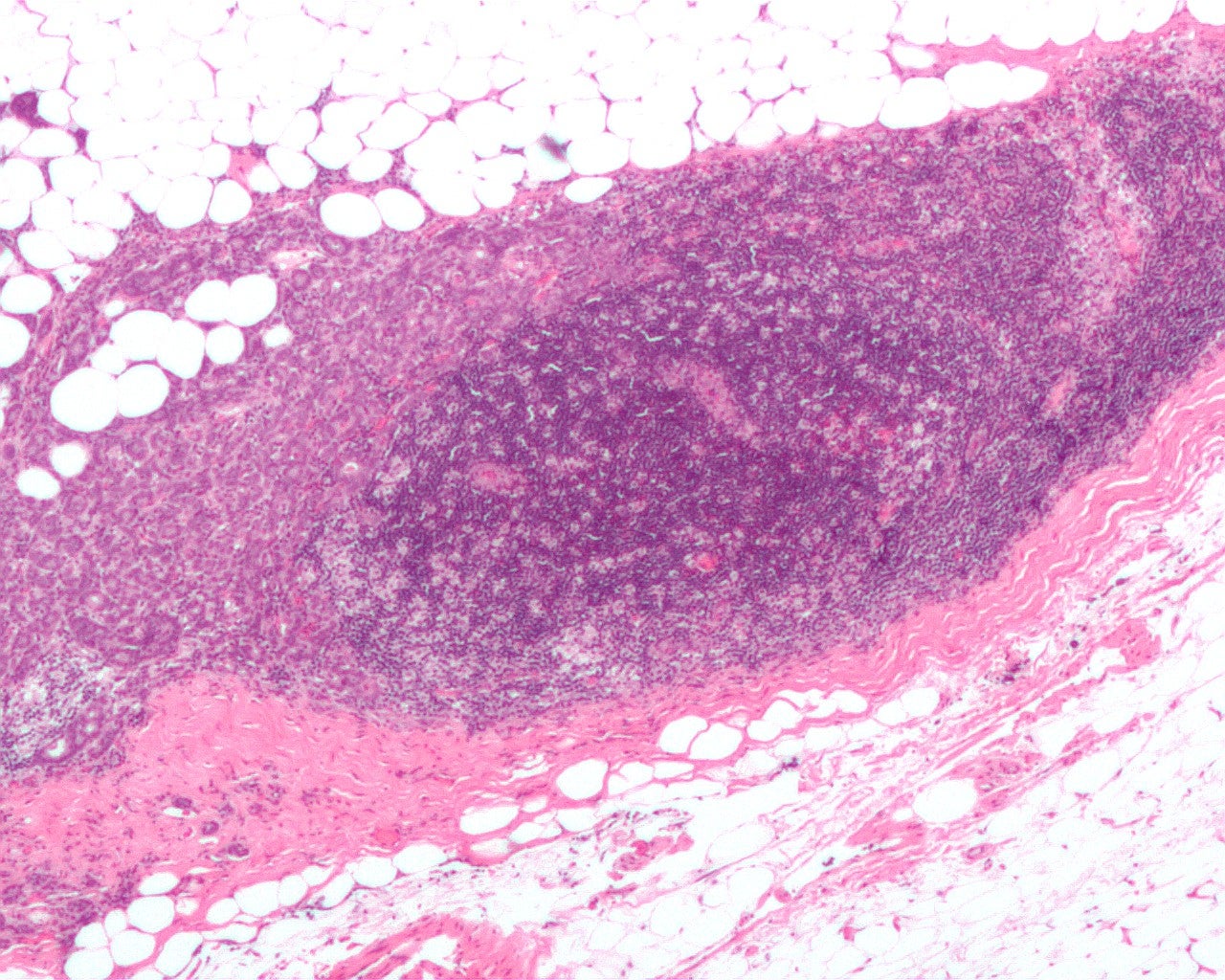
The US Food and Drug Administration (FDA) has cast doubt on the results from Merck’s KEYNOTE-522 trial of Keytruda (pembrolizumab) submitted to support its expanded label in treating triple-negative breast cancer (TNBC).
Keytruda is an anti-PD-1 therapy.

Discover B2B Marketing That Performs
Combine business intelligence and editorial excellence to reach engaged professionals across 36 leading media platforms.
Merck is seeking approval for the use of Keytruda in combination with chemotherapy as neoadjuvant treatment, then as a single agent as adjuvant treatment after surgery, for TNBC treatment.
The randomised, double-blind, placebo-controlled trial analysed Keytruda versus placebo in combination with chemotherapy in the neoadjuvant setting and as monotherapy in the adjuvant setting in 1174 subjects with high-risk, early-stage TNBC.
The co-primary endpoints are pathologic complete response (pCR) rate and event-free survival (EFS) and overall survival (OS) is a key secondary endpoint.
According to the briefing documents posted by the FDA on its website, the latest interim analysis trial data showed the pCR rate difference between the two treatment arms was 7.5% based on all randomised patients.

US Tariffs are shifting - will you react or anticipate?
Don’t let policy changes catch you off guard. Stay proactive with real-time data and expert analysis.
By GlobalDataFurthermore, EFS endpoint failed to meet the pre-specified threshold for statistical significance and remained immature with 53% of targeted EFS events having occurred.
As such, the OS endpoint could not be formally tested and is immature with 32% of the targeted OS events having occurred.
The FDA flagged the key issues relating to the application and noted that the neoadjuvant pembrolizumab confers only a small absolute improvement in pCR rate, which is of questionable clinical meaningfulness.
In addition, EFS and OS data are immature and unreliable and the trial design and results do not support a role for adjuvant pembrolizumab. Also, supportive data of clinical benefit from another TNBC treatment setting is unavailable.
The FDA also said in the document that the addition of pembrolizumab is linked to high toxicity due to increased immune-mediated adverse events (AEs).
Last November, Merck secured approval from the US FDA for Keytruda in combination with chemotherapy for treating patients with locally recurrent unresectable or metastatic TNBC whose tumours express PD-L1.




